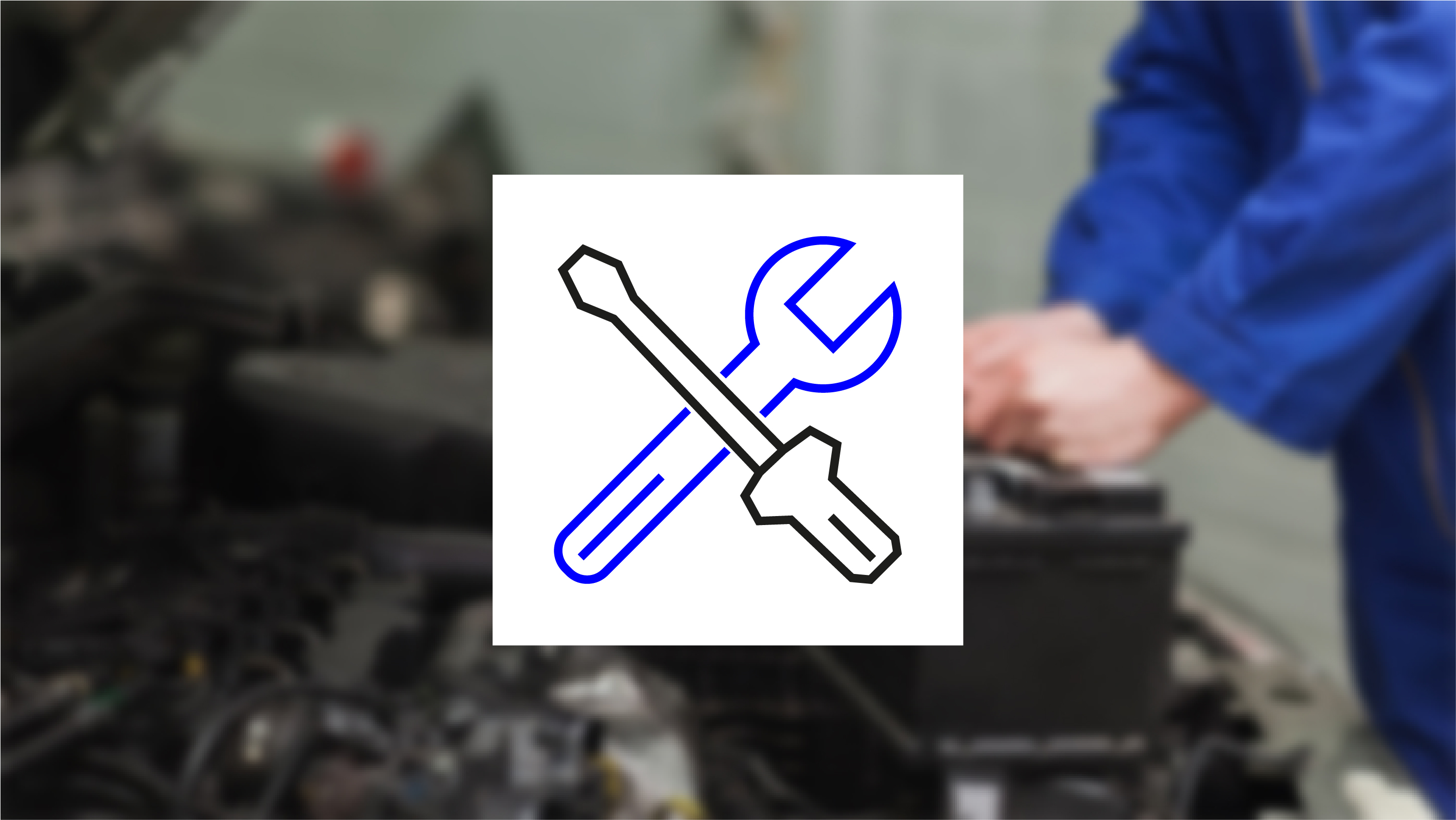What's up with AC accumulator/receiver dryers now apparently being a maintenance item? Now we have Tesla requiring a replacement every 2-6 years depending on the model, GM requiring a replacement every 7 years on at least one model (the Traverse), Delphi recommending a replacement every 2 years, and Valeo recommending a replacement every 3 years. What is this about? I never even heard of replacing AC dryers preventatively until a friend with a Tesla told me that he had to have his replaced and I thought the dealer scammed him until I did some research and saw that's actually a thing now.
I can only think of two possible theories for why this might be. Either the new R1234YF refrigerant or its oil is degrading the desiccant or there has been a major change in the way they are being made, although neither theory makes much sense. Does anyone have any other ideas on why AC dryers apparently have to be replaced as part of scheduled maintenance now?
https://cdn.dealereprocess.org/cdn/servicemanuals/chevrolet/2019-traverse.pdf (page 371)


 www.valeoservice.com
www.valeoservice.com
I can only think of two possible theories for why this might be. Either the new R1234YF refrigerant or its oil is degrading the desiccant or there has been a major change in the way they are being made, although neither theory makes much sense. Does anyone have any other ideas on why AC dryers apparently have to be replaced as part of scheduled maintenance now?
https://cdn.dealereprocess.org/cdn/servicemanuals/chevrolet/2019-traverse.pdf (page 371)

Why and When to Replace Receiver Driers
Receiver driers are there to absorb corrosion-causing moisture and to filter any particulates that are circulating around the system,..
www.delphiautoparts.com

Receiver Drier for Car Air Conditioning System
The receiver drier is a component that protects all the other parts of the A/C loop. It is located between the condenser outlet and the expansion valve inlet, on the high-pressure side of the car A/C loop. The receiver drier has different roles:
